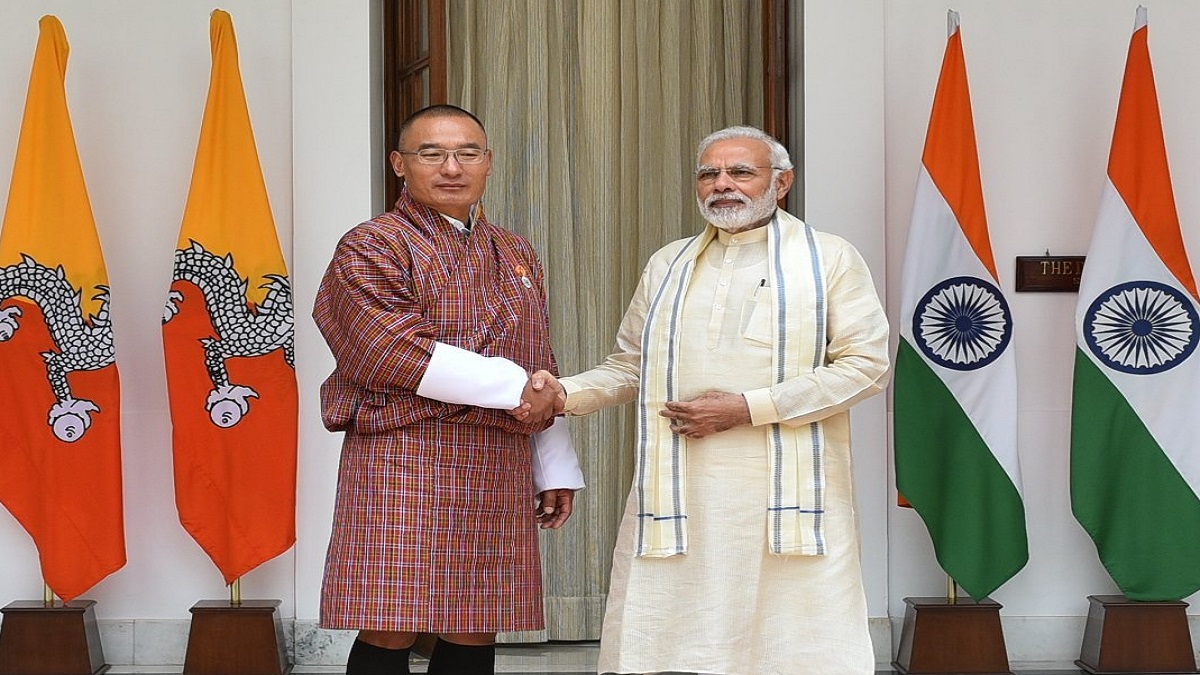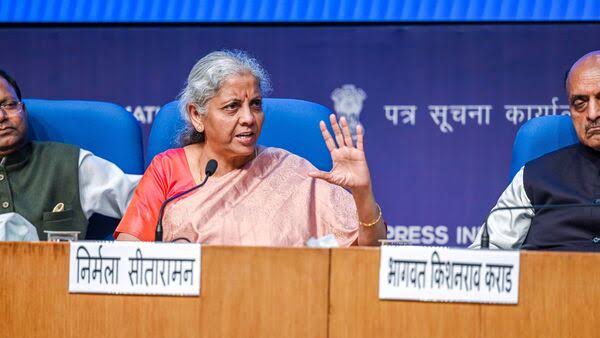The recent approval of a Memorandum of Understanding (MoU) between India and Bhutan on the supply of petroleum, oil, lubricants (POL), and related products marks a turning point in their bilateral relations. This agreement transcends a mere trade deal, signalling a strategic energy partnership with far-reaching benefits for both nations.
 The MoU is poised to act as a catalyst for economic growth in both countries. Increased trade in the hydrocarbon sector will create a ripple effect, stimulating job creation and economic activity across India’s supplier and export sectors. Conversely, Bhutan will benefit from a reliable source of essential commodities at potentially stable prices. This fuels Bhutan’s economic engine and fosters greater integration between the two economies.
The MoU is poised to act as a catalyst for economic growth in both countries. Increased trade in the hydrocarbon sector will create a ripple effect, stimulating job creation and economic activity across India’s supplier and export sectors. Conversely, Bhutan will benefit from a reliable source of essential commodities at potentially stable prices. This fuels Bhutan’s economic engine and fosters greater integration between the two economies.
Bhutan’s dependence on external suppliers for its petroleum needs can be a cause of concern, especially with volatile global oil prices. This MoU guarantees Bhutan a secure and long-term source of essential energy resources. A stable supply of POL will ensure uninterrupted power generation, smooth operation of transportation networks, and continued functionality of Bhutan’s industries. This energy security is crucial for Bhutan’s sustainable development and economic well-being.
The MoU aligns perfectly with India’s vision of self-reliance, encapsulated in the Aatmanirbhar Bharat initiative. By catering to Bhutan’s petroleum needs, India can leverage its existing production and refining capabilities, potentially leading to further expansion and strengthening of its domestic hydrocarbon industry. Increased exports will generate revenue and contribute to India’s economic self-sufficiency.
This agreement exemplifies India’s Neighborhood First Policy, which prioritizes fostering strong ties with its neighbouring countries. The MoU strengthens the strategic partnership between India and Bhutan, promoting regional stability and ensuring mutual benefit. It fosters a sense of security and cooperation, paving the way for future collaborations in the energy sector and beyond.



